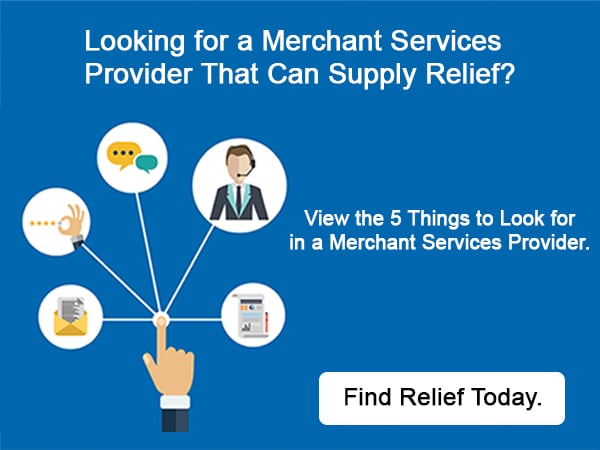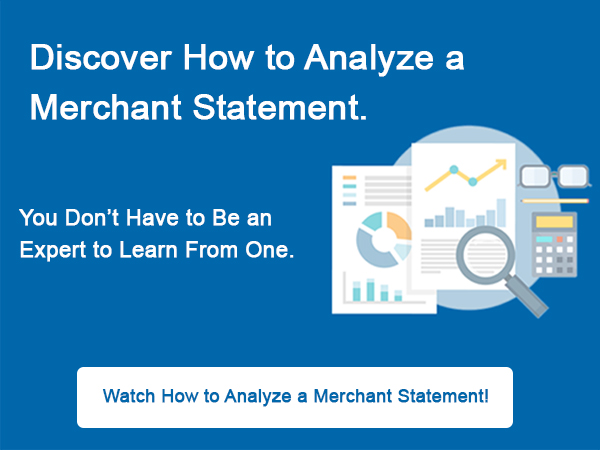
How Does Payment Processing Work?
Whether you already accept credit and debit cards or are still considering expanding beyond cash, it’s important to understand what payment processing entails. For example, some small businesses are wary of partnering with merchant services providers, not realizing the crucial role they play in making sure payments from customers arrive safely in the merchant’s account. Check out our short video to demystify payment processing and understand exactly where you stand as a merchant.
What Are Different Payment Types?
If you operate a cash-only small business, you could be loosing many potential customers that prefer the convenience of card-based transactions to carrying small bills and loose change. So what are your options? Depending on your type of business, you can accept payments in-store through a traditional terminal, online using a payment gateway or on-the-go with the help of a mobile payments solution. You can also consider combining all three of these payment options to maximize your revenue, by being ready to make a sale anywhere, anytime.
Which Fees Do Small Businesses Have to Pay?
This is often the biggest source of headache for merchants, since they get daily calls from payment processors promising to save them money. Some companies contacting your small business may not have your best interest in mind, so you could easily end up in a costly equipment lease or a pricing structure full of hidden costs. While there are some basic fees you can almost certainly expect, you need a statement analysis to truly understand your position. At TransNational Payments we are happy do this free of charge, no matter if you choose to partner with us or not.
Why Small Businesses Need PCI and EMV?
Payment Card Industry (PCI) and Europay, MasterCard, Visa (EMV) standards are both crucial for secure credit card processing, especially at small businesses. Credit card fraud isn’t going away any time soon, so these standards were put in place to prevent malicious interference and protect you from liability for unauthorized transactions and chargebacks.
Where to Look for a Payment Processor?
Online is a good place to start, but be careful which sources you trust. Considering the sheer number of payment processors that are out there, some try to break through the clutter by relying on pay-to-play websites to get featured. Since money is the biggest motivator for the owners of these sites, you will rarely find unbiased recommendations on there. Your best bet is to rely on more reputable and neutral review platforms, such as Google Reviews. Reading through the comments of other customers is a good way to spot signs of a top payment processing company.
By now we hope you have a better understanding of payment processing, and what small business owners should know. As always, TransNational Payments is happy to answer any questions that may still remain — we want you to have the merchant experience you deserve!









 Facebook
Facebook Twitter
Twitter LinkedIn
LinkedIn Youtube
Youtube Glassdoor
Glassdoor